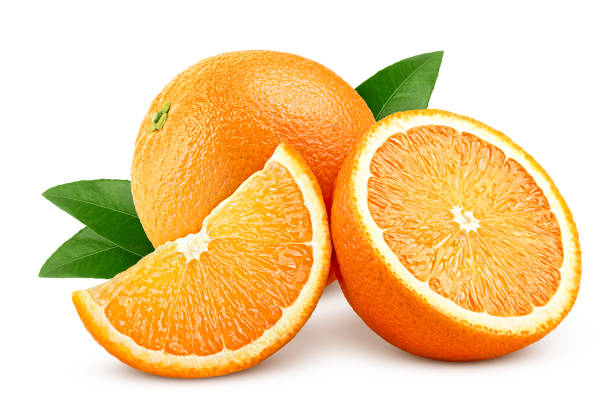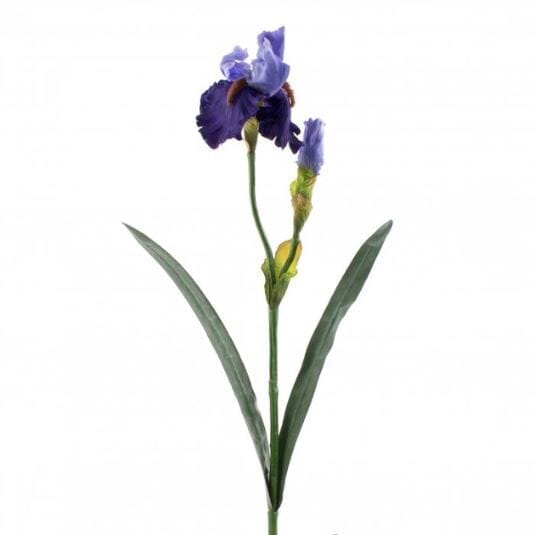What does the word bergamot mean?
The word "bergamot" is derived from the Turkish "beg-armudu," meaning "lord's pear." It is possible that the name was given in honor of a Turkish notable who introduced the fruit to Europe. Bergamot has been cultivated for centuries in Calabria, where it is used to make the famous Earl Grey tea. However, it was only later that its oil began to be used in the cosmetics and perfumery industries.
In the beginning…
During ancient times, bergamot was used by the Greeks and Romans for its medicinal properties, particularly to treat digestive disorders and fever. Later, it became a luxury item in Europe, used to perfume gloves and handkerchiefs. In the 19th century, bergamot oil became a popular ingredient in perfumes, notably thanks to the creation of the famous perfume 4711, which uses bergamot as its main note. Today, bergamot remains a valuable ingredient in the perfume industry, highly valued for its fresh and subtle scent that adds sophistication to any olfactory composition.
DID YOU KNOW? Bergamot is a citrus fruit native to the Calabria region of Italy, but its exact origin remains a mystery. Some believe it's the result of a cross between a bitter orange and a lime, but there's no absolute certainty on this point.
Bergamot cultivation
Bergamot cultivation requires specific conditions. It is primarily found in regions with a warm, humid climate, with fertile, well-drained soil. In Italy, particularly in the Calabria region, the bergamot tree is carefully cultivated in terraced orchards located on steep hills that promote optimal drainage.
It all begins with the selection of high-quality plants, usually obtained through grafting or cuttings. These plants are then planted in specially designed orchards, which provide ideal conditions for their growth. Bergamot trees prefer a warm, humid climate, with temperatures between 15 and 30 degrees Celsius.
The bergamot tree thrives in fertile, well-drained soil. In Italy, bergamot orchards are often terraced on steep hills, allowing for optimal soil drainage. Regular watering is necessary, but it is important to avoid excessive moisture to prevent fungal diseases.
The bergamot tree generally blooms between February and March. The flowers give off a delicate fragrance and attract pollinators, such as bees. Pollination is essential for fruit formation.
The bergamot fruit harvest begins in November and continues until March. The fruits are handpicked to avoid damaging their delicate skin. Once harvested, they are sorted to select the best-quality fruits and eliminate those that do not meet the ripeness criteria. The bergamots are then stored in wooden crates, ready for transport to processing plants.
What did you know about bergamot in perfumery?
Bergamot is often described as having a pleasant, fresh, citrusy scent. It is widely used in the perfume industry, primarily as a top note in many men's and women's perfumes and colognes.
Its use in perfumery dates back centuries in Italy, where it was originally cultivated for its medicinal properties. Over time, bergamot has become an essential ingredient in the world of perfume thanks to its distinctive fresh, citrusy scent. It is often combined with floral notes such as rose, jasmine, and lavender to create elegant and refined fragrances. When combined with other citrus fruits such as lemon and orange, bergamot creates light and refreshing scents, perfect for the summer seasons.
Bergamot is commonly used as a top note to bring freshness and lightness to compositions. It infuses energy and vitality while offering a subtle and elegant fragrance. When combined with floral or other citrus notes, it offers a wide range of olfactory accords, from delicate to more intense.
It should be noted that bergamot can also be used in the heart and base notes of certain perfume compositions.
GOOD TO KNOW! Bergamot is much more than an iconic ingredient in perfumery and skincare. Its essential oil is used in aromatherapy for its calming properties, helping to reduce stress, anxiety, and symptoms of depression. It is also beneficial for digestion, relieving nausea, bloating, and abdominal pain. In cooking, bergamot is famous for flavoring desserts and is a key ingredient in Earl Grey tea. Additionally, in Italy, it is used to make Bergamotto liqueur, prized for its bitter taste and sweetness.
Famous bergamot perfumes
• The Rivières de Cartier collection presents Rivières Allégresse Eau de Toilette, a fragrance inspired by river landscapes and the surrounding nature. With fresh and luminous notes, this perfume evokes the joy of living and offers an immediate feeling of cleanliness. Presented in a flamboyant yellow solar bottle, it combines bergamot, petitgrain, blackcurrant bud and tuberose to create a delicate green composition.
• Bergamote 22 by Le Labo is a unisex fragrance that is part of the "City Exclusive" collection. This fragrance highlights bergamot, combined with sparkling citrus notes and woody elements, and thus offers a fresh and sophisticated scent.
• Bergamotto di Calabria La Spugnatura by Acqua di Parma is a fragrance that celebrates Calabrian bergamot, an exceptional variety of this citrus fruit. This fragrance captures the vibrant, sun-drenched essence of the region with intense and refreshing citrus notes. Its elegant bottle reflects the elegance and craftsmanship of the Acqua di Parma house.
• Bergamote Soleil by Atelier Cologne is a unisex cologne that features vibrant citrus top notes, with bergamot taking center stage. At the heart of this fragrance, delicate floral accords blend harmoniously, while woody base notes add depth and subtle warmth.
Bon Parfumeur Bergamot Perfumes
Bon Parfumeur is a French brand that offers a wide variety of products, all guaranteed made in France. Here are some quality bergamot fragrances that might interest you:

• Eau de parfum 001 : A must-have that we all love for its comforting and always elegant softness. A sparkling trio of citrus fruits awakens this timeless cologne. Bergamot and lavender combine with the sweetness of orange blossom, and musky base notes provide staying power. Much more than just a fresh cologne, it clings to our skin.
• Eau de parfum 601 : Timeless elegance in a bottle. Sparkling, fresh notes of bergamot, grapefruit, and pink pepper. The heart notes feature violet leaf, which adds a vegetal dimension. Vetiver and cedarwood, with their intense, rich woody facets, are then discovered in the background. A distinguished, chic olfactory signature.
Now that you know all about bergamot in perfumery, don't hesitate to visit our website or come and meet us in store!










